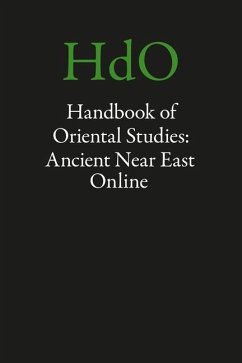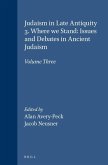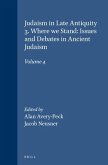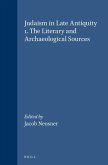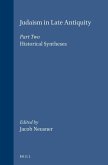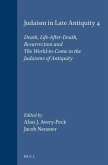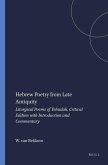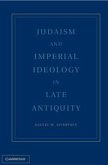This collection of systematic "Auseinandersetzungen articulates difference and spells out what is at issue. Learning atrophies when political consensus substitutes for criticism, and when other than broadly-accepted viewpoints, approaches, and readings find a hearing only with difficulty, if at all. The editors therefore have invited colleagues systematically to outline their views in an "Auseinandersetzung with contrary ones. The several participants explain how, in broad and sweeping terms, they see the state of learning in their areas of special interest. The editors invited leading players in the USA, Europe, and the State of Israel, in the study of ancient Judaism, both in Second Temple Times and after 70 C.E. The work commences with a thoroughly fresh perspective of a theoretical question: what, in a religion so concerned with social norms and public policy, can we possibly mean by "law" when we speak of law in Judaism. It then proceeds with two chapters on Second Temple Judaism, and two on the special subject of the Dead Sea library. The two papers in the present part provide an overview of matters and a systematic, critical account of the fading consensus, respectively. The next set of papers ought to stand as the definitive account of the diverse viewpoints on a basic question of method. Because of the willingness of contending parties to meet one another in a single frame of discourse, the work is able to portray with considerable breadth the presently-contending viewpoints concerning the use of Rabbinic literature for historical purposes. Then proceed a number of other accounts of how matters look from the perspective of major participants in scholarly debate. At the sametime as the requirements of historical-critical reading of the Rabbinic literature precipitated sustained and vigorous debate, other problems have attracted attention. Among these a critical issue emerges in the hermeneutics to govern the reading of the documents for the p
Hinweis: Dieser Artikel kann nur an eine deutsche Lieferadresse ausgeliefert werden.
Hinweis: Dieser Artikel kann nur an eine deutsche Lieferadresse ausgeliefert werden.

